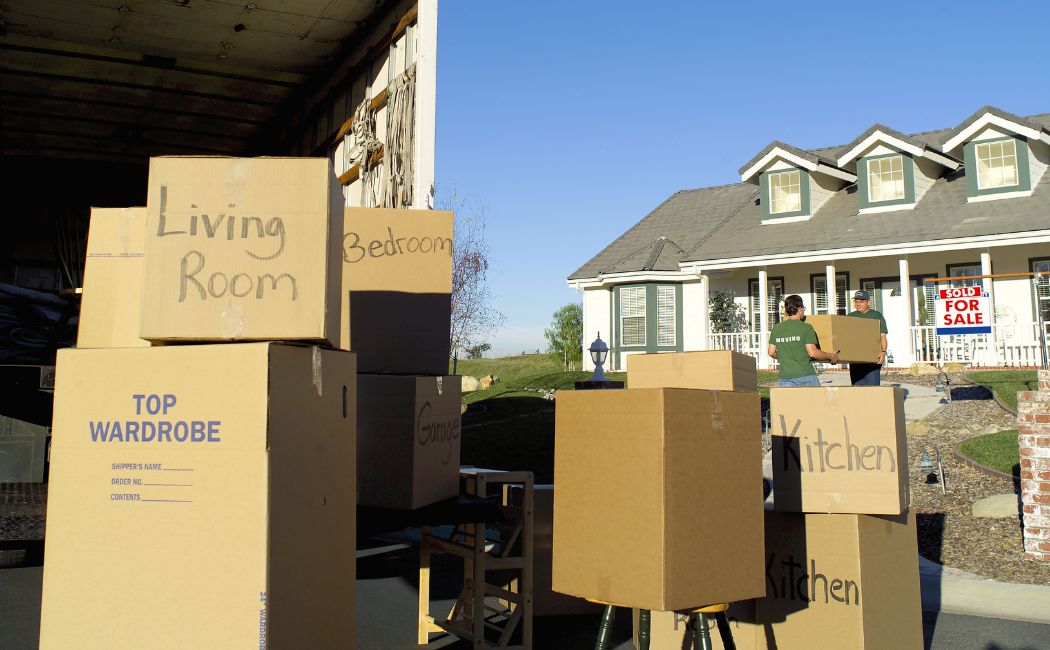House Clearance: A Helping hand in settling estates and inheritance

Inheriting a house can be a daunting task. Whether you’ve been left a property in a will or are taking on a deceased relative’s belongings, it can be overwhelming. At a time when you’re already grieving, the prospect of clearing an entire house of furniture, personal effects, and other items can be stressful and time-consuming. House clearance is the process of sorting through and removing the contents of a property. It can involve anything from furniture and electrical goods to personal effects and sentimental items. It can also include the dismantling and removal of fixtures and fittings, and occasionally even hazardous waste. The process of house clearance can be complex and emotionally challenging, particularly in cases of inheritance. If you’ve been left a property, it’s important to take your time and make sure you’re following the right process. Here’s a guide to help you through house clearance in the case of an estate or inheritance.
Why Is House Clearance important?
House clearance is incredibly important for several reasons. Firstly, it helps to ensure that any hazardous waste is removed safely and disposed of correctly. This includes anything from paint and chemicals to asbestos and medical waste. It’s essential that this is done by a professional who is trained in the safe removal of hazardous materials. House clearance Kingston is also important because it helps to clear out the clutter and makes it easier to assess the condition of the property. This is especially important if you’re planning to sell the house, as it can help to make the property more appealing to potential buyers. It can also help to make the process of settling the estate or inheritance easier and less time-consuming.
What should You do before house clearance?
Before you begin house clearance, there are a few steps you should take. Firstly, you should make sure you have all the relevant paperwork and documents to hand, such as a death certificate, will, or probate. You should also speak to any other beneficiaries or executors to ensure everyone is in agreement about the house clearance process. It’s also important to take the time to go through the property and assess what needs to be kept and what can be discarded. This is especially important if there are any sentimental items or valuable items that need to be preserved. It’s also a good idea to take photographs of the property before you begin the house clearance process. Finally, it’s important to check with your local authority to find out if there are any restrictions or regulations that need to be followed during house clearance. This includes any rules around the removal of hazardous materials or the disposal of items.
Autor: Zewnętrzny materiał partnerski
